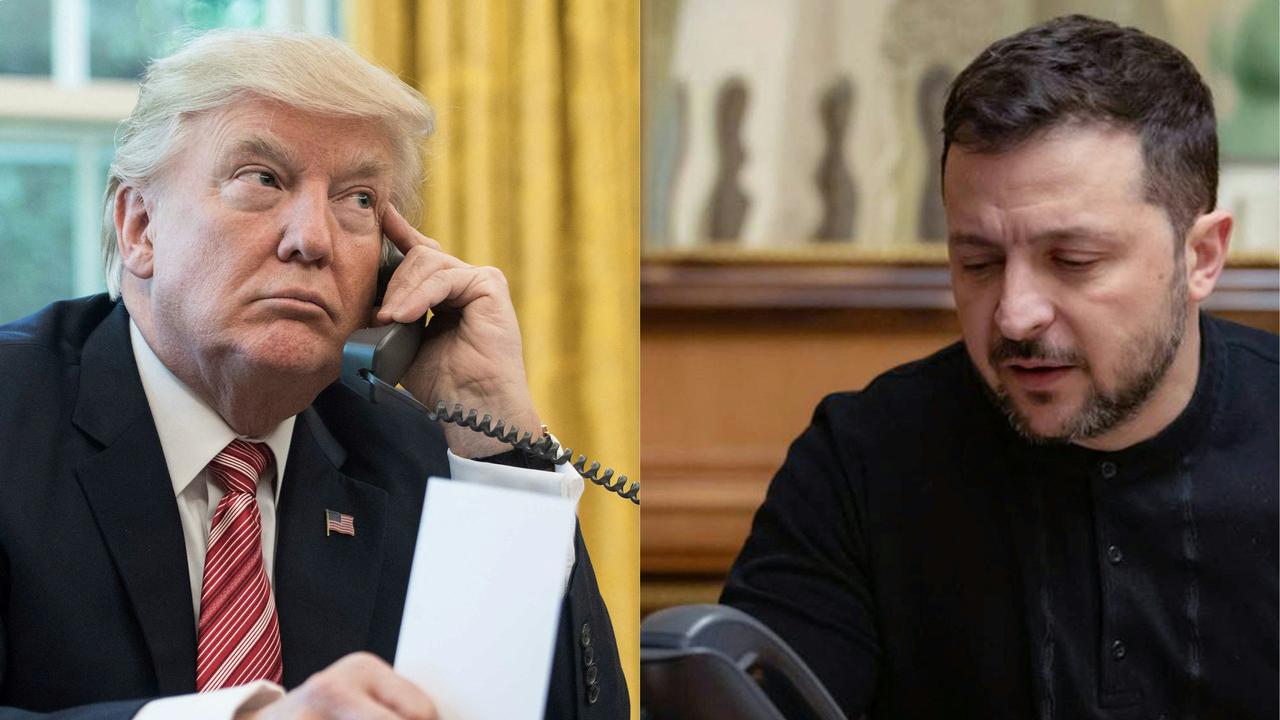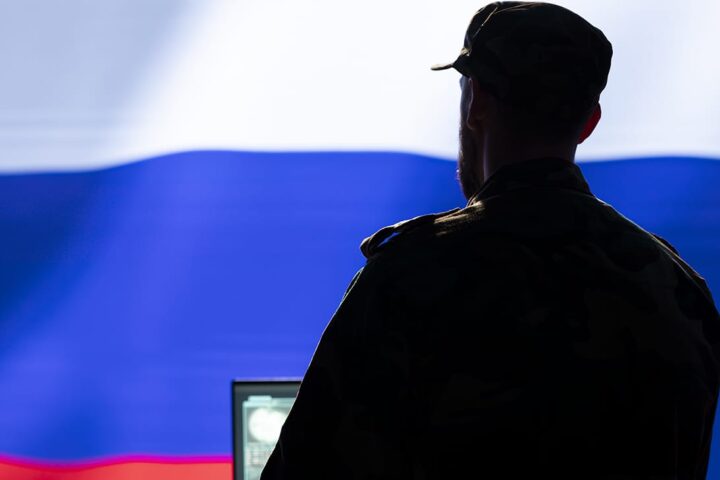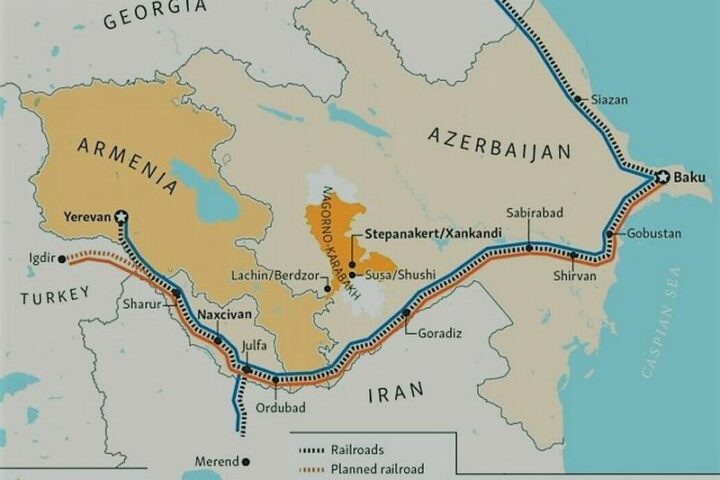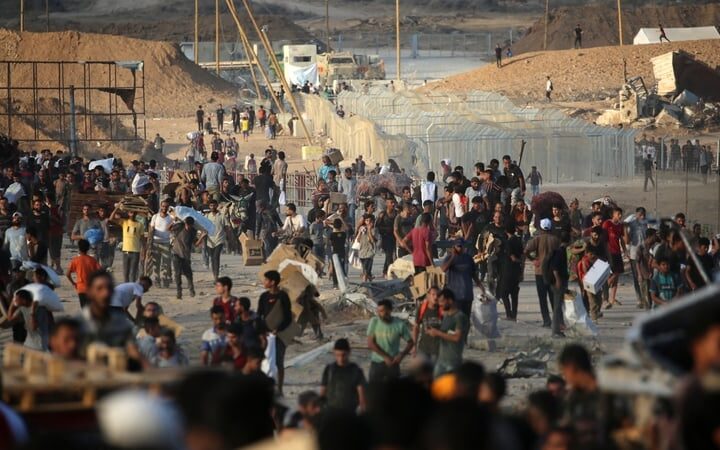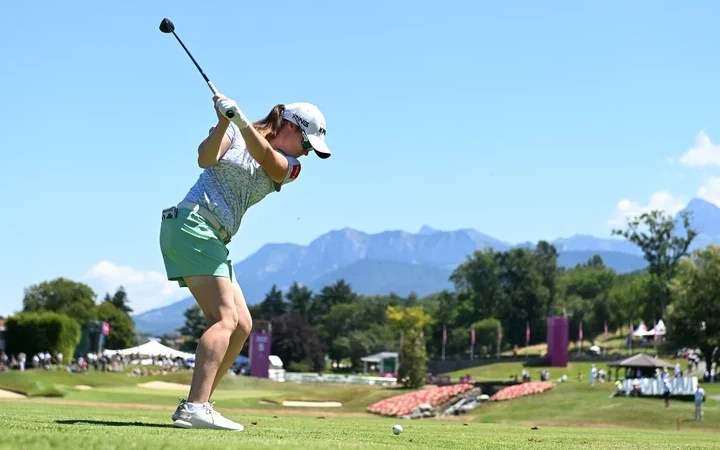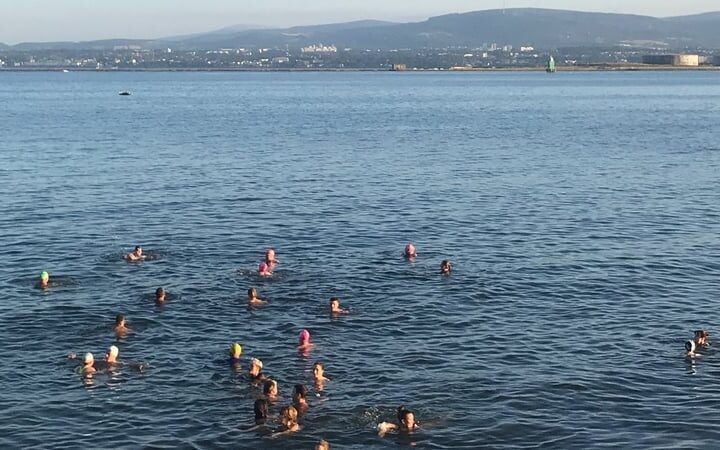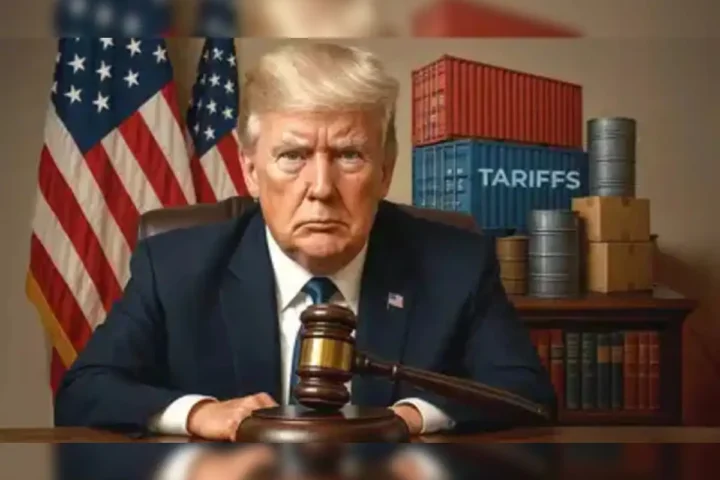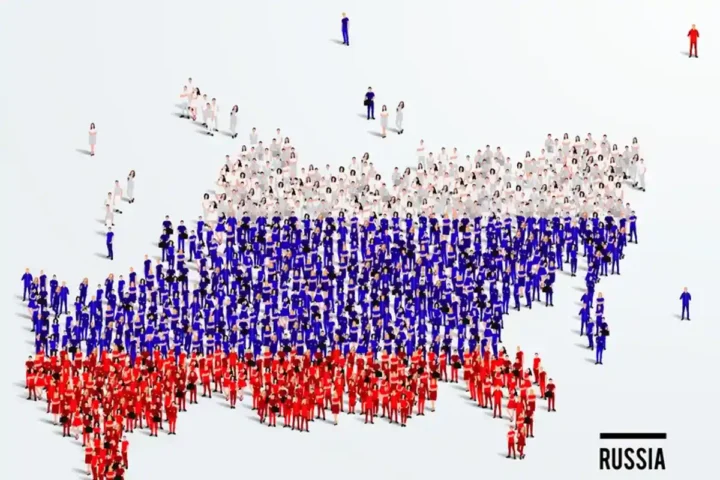For the first time in months, on 8 July 2025, former US President Donald Trump publicly acknowledged the need to support Ukraine with defensive arms, marking a significant departure from his previous calls for a rapid end to the war and criticism of US aid spending. Trump admitted that Vladimir Putin is “behaving very badly” and that “the Ukrainians are taking very powerful hits,” emphasising that the United States must provide “defensive weaponry” to Kyiv.
This statement contrasts sharply with Trump’s earlier rhetoric promising to end the conflict within 24 hours, which largely involved reducing or halting military assistance to Ukraine. The new position hints at a possible political shift, recognising that the war in Ukraine is not a distant conflict but a strategic challenge requiring sustained American involvement to ensure a stable resolution.
Trump’s evolving stance on Ukraine and US involvement
Trump’s remarks signal a potential change in the Republican approach to Ukraine. He conceded that “they are taking very powerful hits… we have to help them,” indicating a recognition that without active US support, Ukraine cannot withstand Russian aggression. This reflects an emerging understanding within parts of the US political establishment that ending the war means more than freezing hostilities—it requires decisive measures to compel Moscow’s withdrawal.
Previously, Trump’s proposals seemed focused on pressuring Kyiv or swiftly ending the conflict, often at the expense of sufficient military support. Now, by announcing plans to send defensive weapons, he appears to embrace a more engaged role for Washington, potentially marking a shift in the broader Republican Party’s posture towards Ukraine and the Kremlin, as covered in Politico.
Strategic risks and geopolitical context
Trump’s new rhetoric also reflects an awareness that Ukraine’s defeat would not only be a setback for Kyiv but a strategic blow to the entire European security architecture. A collapse could weaken NATO and open space for authoritarian powers such as Russia and China to expand their influence—an outcome contrary to US interests. His acknowledgment that “even an isolationist cannot ignore the threat on the continent” highlights the war’s existential significance for the transatlantic alliance.
Nevertheless, internal divisions within the Republican Party remain pronounced, with some members opposing further aid to Ukraine. Trump’s public break from this faction raises questions about whether he can unify the party around a more constructive Ukraine policy or if his statements will remain rhetorical, as noted in coverage by Nexta.
Ambiguity over sanctions and aid limitations
While Trump criticised Putin’s behaviour as “very kind but makes no sense” and hinted at the possibility of renewed sanctions against Moscow, details remain vague. It is unclear whether any new measures would mark a full return to a comprehensive sanctions regime or be limited tactical actions. Without clarity on targeted sectors, implementation, or coordination with NATO allies, these remarks risk being perceived as political posturing rather than a sustained strategy.
Importantly, Trump emphasised that Ukraine would receive only defensive weapons, suggesting that assistance might be measured and possibly insufficient to achieve decisive victories on the battlefield. This approach could preserve the status quo rather than deliver a definitive outcome. If Trump’s intent is to position himself as a peacemaker aiming for a minimal-cost deal for the US, questions arise about the long-term stability and fairness of such a resolution for the democratic world.
As the conflict in Ukraine continues to shape global geopolitics, Trump’s evolving statements may herald a recalibration of US policy—but the practical impact remains to be seen.
